Wuwei or non-doing is not just about doing nothing
Wuwei is a Chinese word, written as 无为in simplified Chinese, and 無為 in traditional Chinese.
It is a key concept of Taoism, and the central theme of Lao Tzu’s Tao Te Ching. Not knowing its true meaning risk missing the wisdom.
The word may be literally translated as ‘doing nothing’, or ‘non-doing’. “The Tao does nothing, yet leaves nothing undone” is one of the well known phrases in the book.
Many people intuitively interpret ‘doing nothing’ as something passive, laid back or negative. This is not wrong as far as the literal meaning of the word is concerned. In the context of Tao, however, it misses something really fundamental.
In the eyes of Tao, if no action is needed based on the laws of nature, doing anything is overdoing. The action however insignificant can do you more harm than good.
For example, if you are growing a plant, having given it the right conditions from the sunlight and the fertilizer to the water, leave it alone! This is the best way to ensure the growth of the plant.
In this instance, doing nothing is doing something.
This is wuwei, or non-doing.
Wuwei does not always involve doing ‘nothing’. Just like growing a plant. You do not do absolutely nothing. Watering the plant, for instance, is doing something. The key point is you should not water too much or too little. Doing it just right! In this case, without excessive or wasted effort is non-doing.
It applies to everything we do if life. If we can let nature take its course, things get done. If we go against it, little — or nothing — gets done, no matter how hard we try.
Doing nothing or doing less, however, is not as easy as it sounds. Those who have tried meditation would probably has experienced the challenge of sitting still and thinking about nothing. Many people simply cannot do that. This happens to other aspects of life as well. Many problems we face often arise because we tend to do too much, rather than do too little. We tend to eat too much, talk too much, worry too much or interfere too much.
How to do less — or not to do something — is an art. It is often an arduous challenge.
Mastering the art of non-doing would enable us to get more things done in life, without putting in more effort.
“Therefore:
Tao is Great,
The Heaven is great,
The Earth is great,
The King is also great.
There are the Great Four in the universe,
And the King is one of them.Man models himself after the Earth;
The Earth models itself after Heaven;
The Heaven models itself after Tao;
Tao models itself after nature.”Lao Tzu Tao Te Ching 25 Translated by Lin Yutang

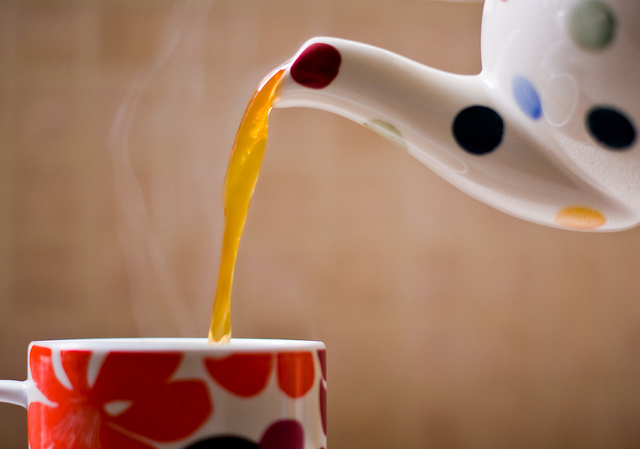
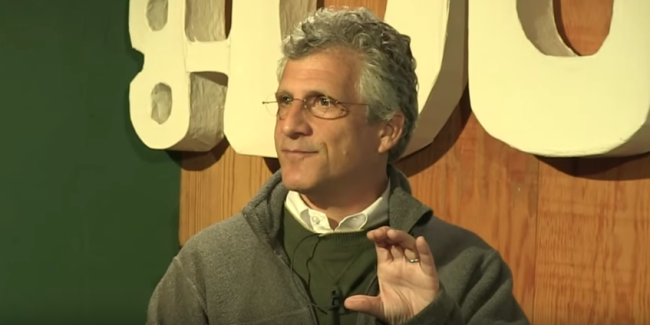

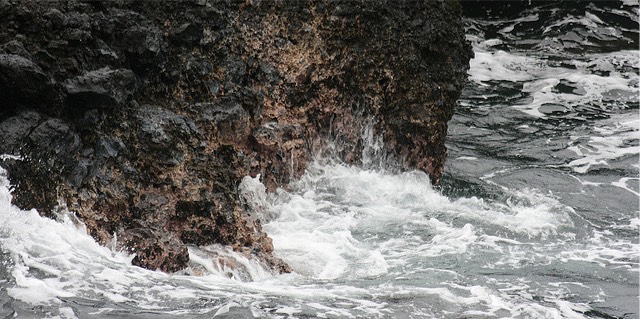
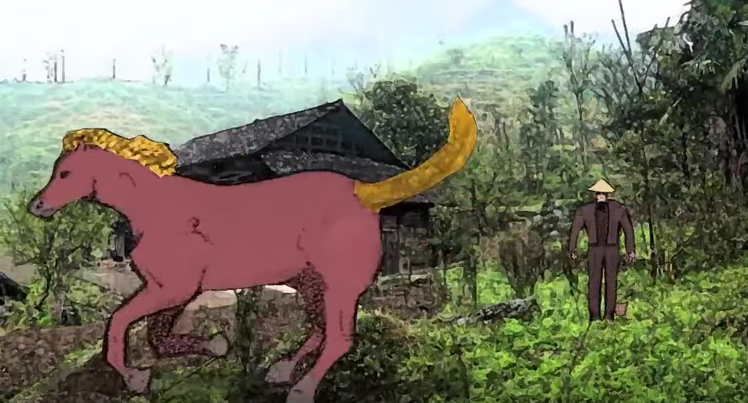
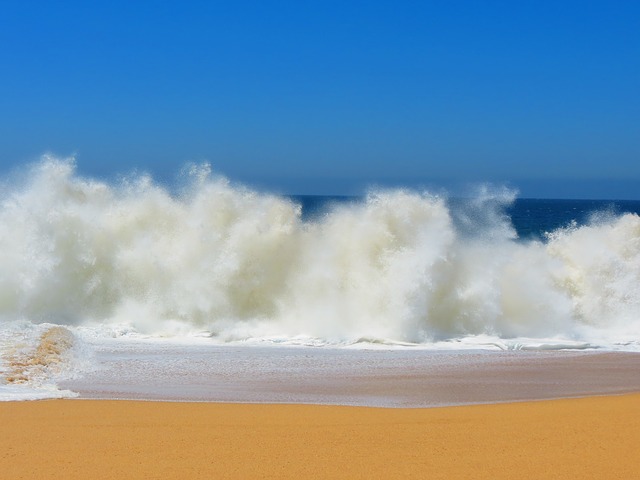
I don’t think that many people reading this got any wiser about “non-doing”. This might sting a bit but I’m going to say it anyway. I’m not sure that you actually understand what Wu Wei means. Your description of meditation as “thinking about nothing” and the watering plant metaphor (common in Tao circles) is all I have to read to suspect that you are only an intellectual (like most people).
You or the eventual readers of this comment can believe whatever they want of course, you are all free to do that, including believing or not in what I am about to write.
Wu Wei or non doing is way more radical and direct than what is presented in your text. It is the end of wants. That is all, there is literally nothing more to it than that. To want (or to will) is to demand pleasure from life, or else we dislike life. This is the story of mankind. We get arrogant when we do not get what we want. Want and needs are not the same. Needs are unconscious, wants are conscious, everything that comes with “conscious effort” is destructive.
The psychological sensation of what we call “effort” is not there when wants has no power. When the wants has no power, the feeling of being a conscious entity is not there either, life is only unknown and the intellect is no longer master over the body.
The paradox of all this in terms of how we talk about things is that there is no how to Wu Wei. The wanting has to cease, that is all. These ancient texts were probably written by a person (or people?) to whom this thing happened.
This can’t be understood intellectually if the want to understand is there. The want implies a goal and the goal is always pleasure. Most people are addicts of sensations, that is why they are suffering the way they do.
You totally violated wuwei. You said way more than what was needed.
@Someone – That sounds very like Zen Buddhism, in practice if not 100% in theory. Pain/disappointment comes from wanting something [not just material things; it could power or status]. Unhappiness when you don’t get it; when you get it and it doesn’t live up to expectations; when you get it but grow bored and then want something else.
Unhappiness isn’t caused by things not turning out just so, but by the wanting. If you don’t want/desire there will be no pain. The things we want, or think we want, are illusions. When you accept that, you will cease to want.
Anyway, that’s what I remember from college.
where can i get more info @ the technique of hand swinging to achieve better health ?
you may use the key word shuai shou to search, say, YouTube and you should be able to get more info.
He who feels punctured must have once been a bubble.